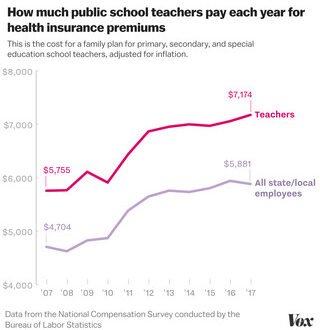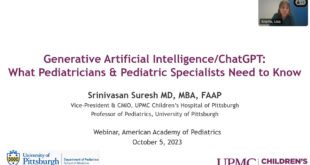Concerns Over Ghana’s Public Sector Wage Bill
The Controller and Accountant-General of Ghana, Kwasi Agyei, has expressed deep concerns regarding the rapidly increasing public sector wage bill, warning that it poses a serious threat to the country’s fiscal sustainability. During a press conference in Accra, ahead of the third Annual Conference of the African Association of Accountants General (AAAG), Mr. Agyei highlighted that over 57% of the nation’s domestic revenue is currently allocated to public sector salaries.
“When you aggregate all incoming revenue and calculate the average, between 57 and 58 per cent goes towards salaries. This is a significant threat to fiscal sustainability,” he stated. The heavy burden of wages is leading to reduced funding for essential sectors such as healthcare, education, and infrastructure, which hampers the government’s ability to implement critical development projects.
Mr. Agyei emphasized the urgent need for comprehensive reforms to ensure a more equitable and sustainable allocation of public resources. His comments come at a time when the government is striving to control spending and meet key performance benchmarks under its ongoing program with the International Monetary Fund (IMF).
In February, organized labor agreed to a 10% wage increment following President John Mahama’s appeal for moderation in pay demands. The President assured workers that enhanced remuneration would be prioritized once economic stability is restored.
Efforts to Clean Up the Public Payroll
Mr. Agyei reiterated the government’s commitment to sanitizing the public payroll, warning that individuals involved in the validation of ghost names would face strict punitive measures. Despite reforms, including the integration of the payroll system with the National Identification Authority (NIA) database, names of deceased persons, long-term absentees, and former employees reportedly continue to appear on the payroll. This issue was attributed to lapses in the Electronic Salary Payment Voucher (ESPV) validation process.
“We are advancing payroll reform with technology. Cleaning up the system is a shared responsibility, and everyone must play their part,” he said. He disclosed that six to seven individuals had already been arrested for payroll-related fraud and warned that those who knowingly approve ghost names would not be spared.
Plans are underway to introduce handheld biometric devices to verify the identities of public sector employees using their NIA numbers. Mr. Agyei also appealed to the media to support the payroll cleansing initiative through public education, stating that a transparent payroll system is crucial for national development.
Hosting the AAAG Conference
Ghana is set to host the third Annual Conference of the African Association of Accountants General (AAAG) from 24th to 28th November 2025 at the Accra International Conference Centre. The five-day event, themed “Africa of Tomorrow: Positioning Public Finance Management for Economic Prosperity,” is expected to attract over 2,000 participants, including senior government officials, finance professionals, development partners, fintech innovators, and investors from across the continent and beyond.
Organized in collaboration with the Office of the Controller and Accountant-General, the conference will feature high-level plenaries, technical sessions, and exhibitions focusing on digital governance, fintech solutions, artificial intelligence, and public sector innovation.
According to AAAG Chief Executive Officer, Fredrick Riaga, this year’s theme reflects a call to action for African governments to embrace agile, citizen-centred, and climate-responsive public finance systems that foster resilience and inclusive growth. AAAG Chairperson, Malehlohonolo Mahase, described the conference as more than a professional gathering, calling it “a movement to advance transparency, accountability, and effective service delivery in Africa’s public sector.”
“We must adopt tools like artificial intelligence and Integrated Financial Management Information Systems (IFMIS) to improve efficiency and build public trust,” she stated, emphasizing the need for citizens to better understand how national resources are raised and spent.
Expressing Ghana’s enthusiasm for hosting the conference, Mr. Agyei said, “We are proud to welcome Africa’s finance leaders to Accra. Ghana is making strides in public finance reform and digital transformation, and this conference presents an opportunity to learn, share, and shape Africa’s financial future together.”
Previous AAAG conferences were successfully held in Maseru, Lesotho, and Arusha, Tanzania. The Association remains committed to enhancing transparency, driving reform, and promoting accountability in public resource management across Africa.
 Info Malang Raya Its All About World News
Info Malang Raya Its All About World News




